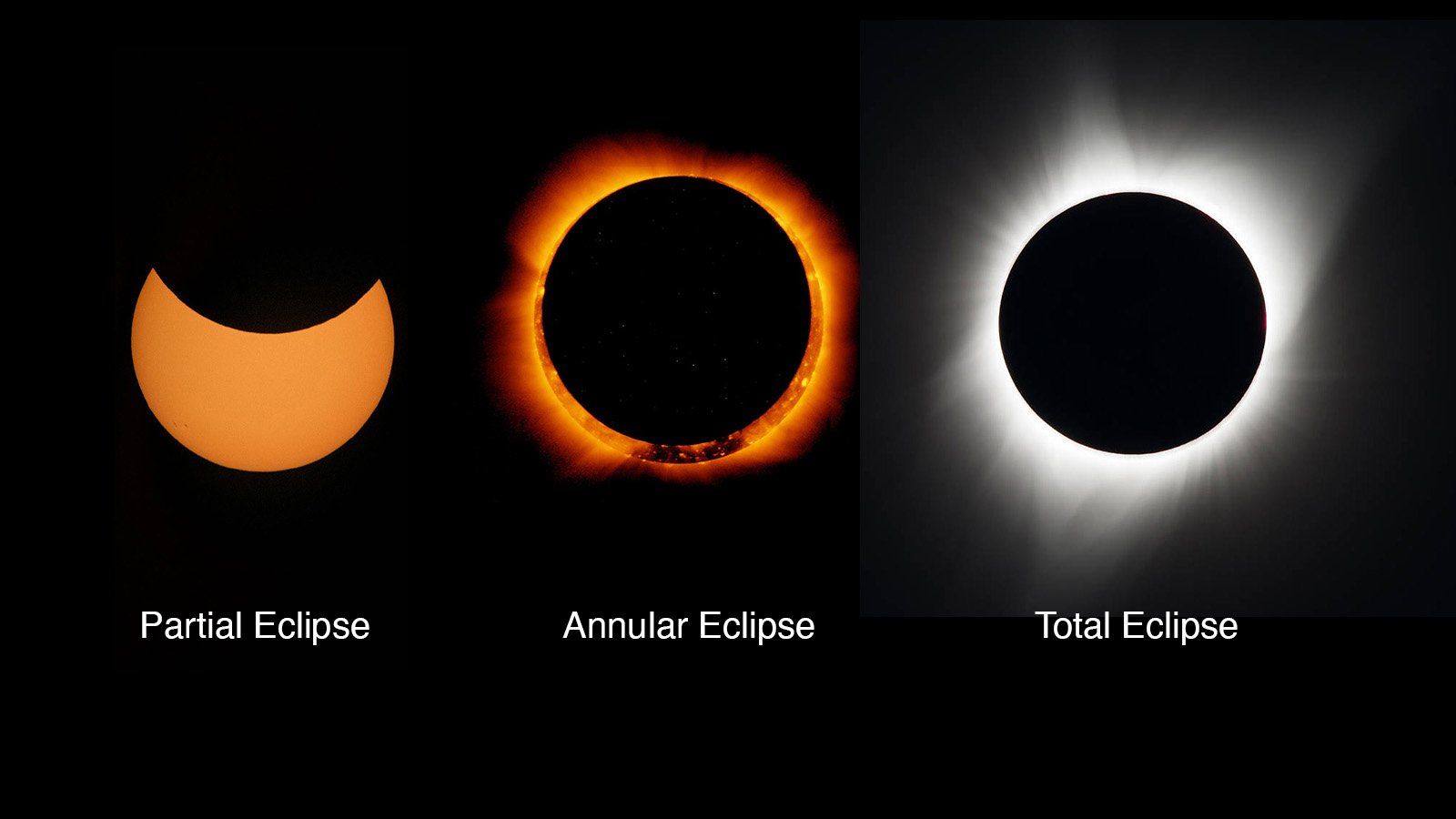Solar Eclipse Freebies
As parents & educators, we're always on the lookout for opportunities to engage our children in the wonders of the world around us. One such awe-inspiring event is about to grace the skies—the solar eclipse occurring on April 8th. This eclipse provides an excellent opportunity to spark curiosity and learning in our young ones. However, for children with autism, understanding and experiencing such events might require a bit of extra guidance and preparation. In this blog post, we'll delve into what parents can expect from the upcoming solar eclipse and provide resources and tips to make this experience enjoyable and educational.
Understanding the Solar Eclipse: A solar eclipse happens when the moon passes between the sun and the earth, partially or completely blocking the sun's light. It's a rare and captivating event that offers a unique opportunity to witness the dance of celestial bodies.
Engaging Children in the Experience:
Visual Aids: Utilize visual aids such as books, diagrams, and videos to explain the concept of a solar eclipse in simple terms. Websites like NASA's Eclipse 101 provide interactive resources suitable for young children.
Hands-On Activities: Engage your child's senses with hands-on activities. Create simple models using balls or torchlights to represent the sun, moon, and earth. Let them experiment with shadow play to understand how the eclipse occurs. If you’re in the Austin Area, try visiting The Thinkery’s website. They have lots of events that they are either hosting or sponsoring this month. Waterloo Greenway is also having events called “The Path of Totality” including a children’s event called Morning Glories on April 9th.
Safety Precautions: Emphasize the importance of eye safety during a solar eclipse. Provide child-friendly eclipse glasses or DIY pinhole projectors to observe the eclipse safely.
Social Stories: For children with autism, social stories can be invaluable in preparing them for new experiences. Create or find a social story specifically tailored to explain the solar eclipse, its significance, and what to expect during the event. We have one here for you created by the amazing Arianna Hampton at PBS Kids!
Sensory Considerations: Recognize and accommodate sensory sensitivities that your child may have. Bring along comfort items like headphones or sunglasses if the ambient noise or brightness of the eclipse might be overwhelming. You’ll find even more ideas and supports on the Texas Autism Society website.
Virtual Viewing Options: If observing the eclipse directly poses challenges for your child, consider exploring virtual viewing options. Many organizations livestream eclipses, providing a safe and accessible way to experience the event from the comfort of home.
Encourage Questions and Exploration: Encourage your child's curiosity by inviting them to ask questions and explore their interests surrounding the eclipse. Use this as an opportunity to foster a love for science and astronomy.
The upcoming solar eclipse presents a prime opportunity for parents to engage their children in a captivating learning experience. By incorporating resources and tips tailored to their age group and individual needs, including children who are autistic, we can make this celestial event both educational and enjoyable. So mark your calendars, gather your eclipse glasses, and get ready to witness the magic of the cosmos with your little ones on April 8th!
Download your free PBS Social Story about the solar eclipse HERE.


